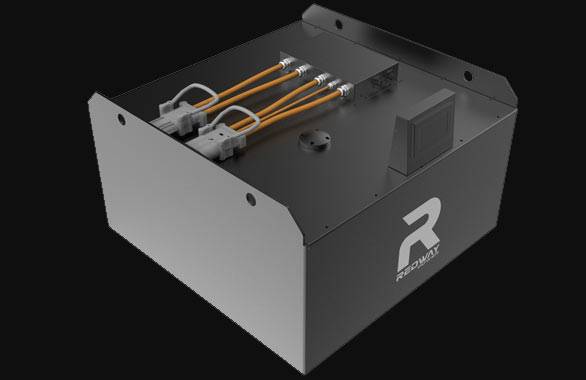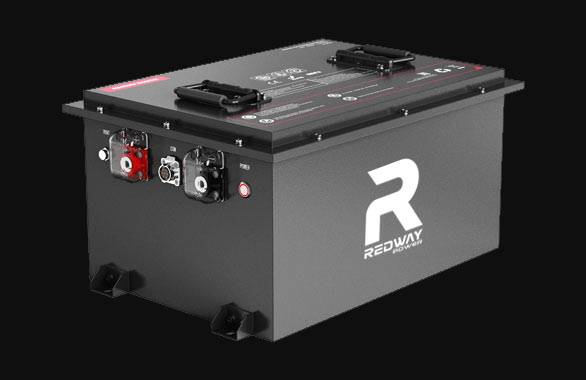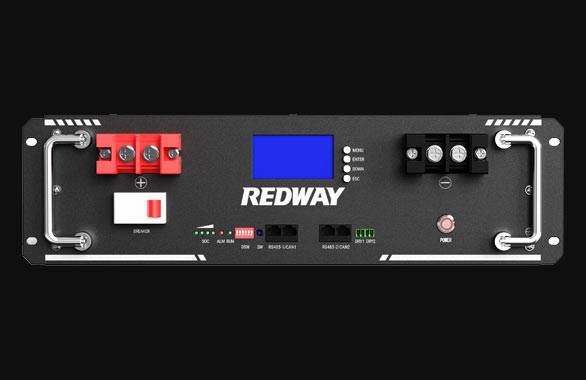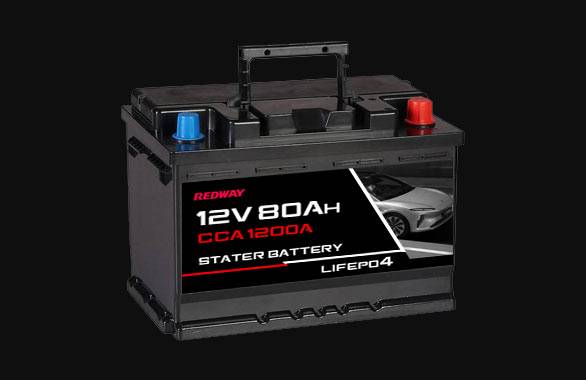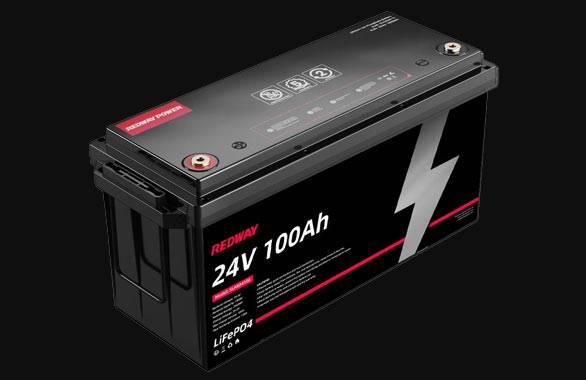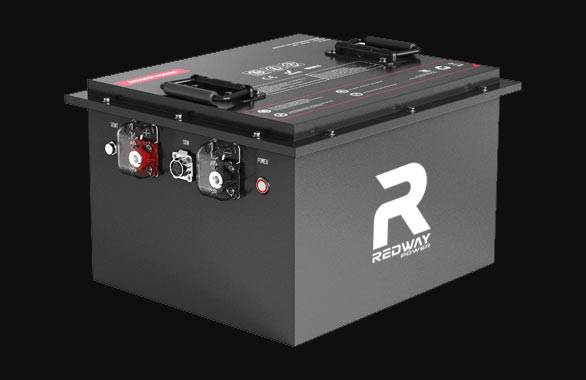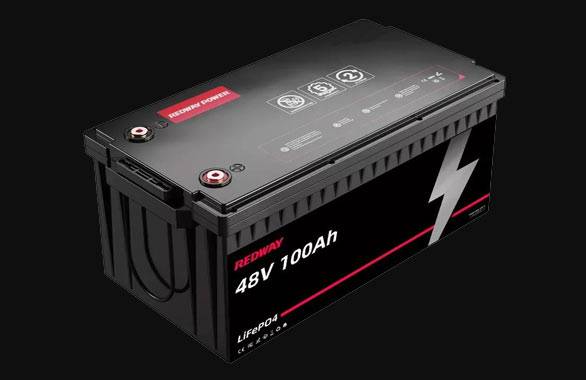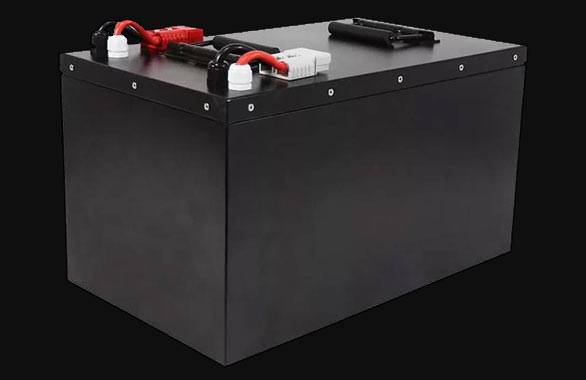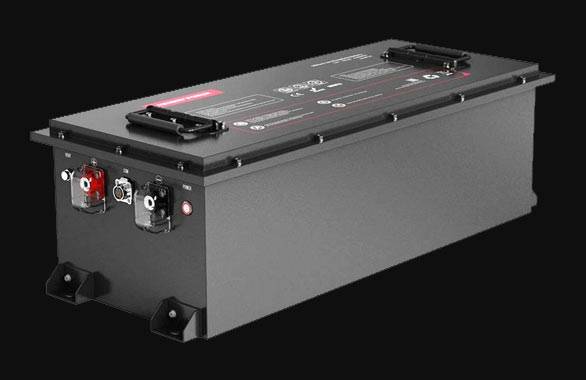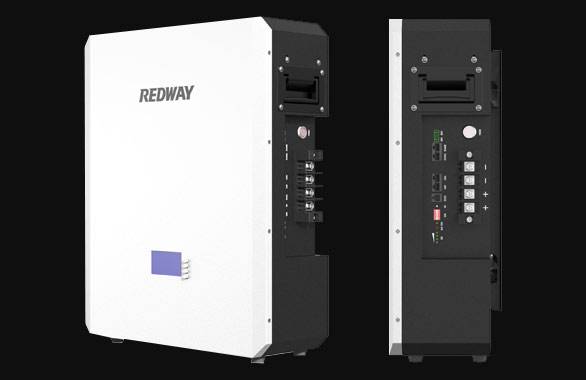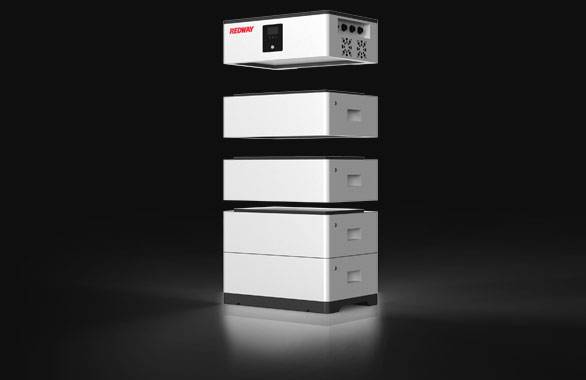- Forklift Lithium Battery
- Golf Cart Lithium Battery
- Rack-mounted Lithium Battery
51.2V 100Ah Rackmount LiFePO4 Battery
8000 times (80% DOD 0.5C)
Optional SNMP for TELECOM - Car Starter Battery
- 12V LiFePO4 Battery
12V 150Ah Lithium RV Battery
Bluetooth App | Self-heating
LiFePO4 | Group 31
UL 1642 | IEC 62619 - 24V LiFePO4 Battery
- 36V LiFePO4 Battery
- 48V LiFePO4 Battery
- 60V LiFePO4 Battery
60V 100Ah Lithium Battery (AGV, AMR, LGV)
Peak Discharge Current 400A
500 x 298 x 349 mm - 72V~96V LiFePO4 Battery
72V 100Ah Lithium Golf Cart Battery
Peak Discharge Current 315A (10S)
740 × 320 × 246 mm - Wall-mounted Lithium Battery
51.2V 100Ah 5kWh
Wall-mounted Battery532 x 425 x 170 mm / LiFePO4
>8000 Cycles (80% DOD 0.5C)
RS485 / CAN-bus
for Solar Home ESS - Home-ESS All-in-One
51.2V 32kWh
All-in-On HESS SystemPowerAll
51.2V / LiFePO4
>8000 Cycles (80% DOD 0.5C)
RS485 / CAN-bus / WiFi
All-in-One for Home ESS
Are There Any Specific Certifications I Should Look for in a 48V Lithium Battery?
When selecting a 48V lithium battery, it’s crucial to consider specific certifications that ensure safety, performance, and compliance with industry standards. Here are the key certifications to look for:
Key Certifications for 48V Lithium Batteries
- UL2271 Certification
- Purpose: This certification is specifically for batteries used in light electric vehicles (LEVs), ensuring they meet rigorous safety standards.
- Importance: Batteries with UL2271 certification have undergone extensive testing for durability and safety, making them suitable for applications such as electric bikes and scooters.
- UL1973 Certification
- Purpose: This certification applies to batteries used in stationary applications, ensuring they meet safety and performance standards for energy storage systems.
- Importance: UL1973 certification indicates that the battery can withstand environmental stresses and is safe for residential or commercial energy storage applications.
- ISO 9001:2015 Certification
- Purpose: This international standard focuses on quality management systems, ensuring manufacturers adhere to high-quality standards.
- Importance: Batteries from ISO-certified manufacturers are likely to be more reliable and consistent in performance due to stringent quality control processes.
- UN/DOT 38.3 Certification
- Purpose: This certification ensures that lithium batteries meet safety standards for transportation, particularly regarding their ability to withstand environmental conditions during shipping.
- Importance: Compliance with UN/DOT 38.3 indicates that the battery can be safely transported without posing a risk of leakage or failure.
- IEC 62133 Certification
- Purpose: This international standard specifies safety requirements for portable sealed secondary cells and batteries.
- Importance: IEC 62133 certification ensures that the battery can operate safely under specified conditions, particularly relevant for consumer electronics and portable applications.
- ABYC Compliance
- Purpose: The American Boat and Yacht Council (ABYC) sets standards for marine electrical systems.
- Importance: Batteries compliant with ABYC standards are suitable for marine applications, ensuring they can withstand the unique challenges of a marine environment.
- CE Marking
- Purpose: The CE marking indicates compliance with European health, safety, and environmental protection standards.
- Importance: Batteries with CE marking are recognized as safe for use within the European market.
By looking for these certifications when selecting a 48V lithium battery, you can ensure that the product meets high safety and performance standards, providing peace of mind in its application.


